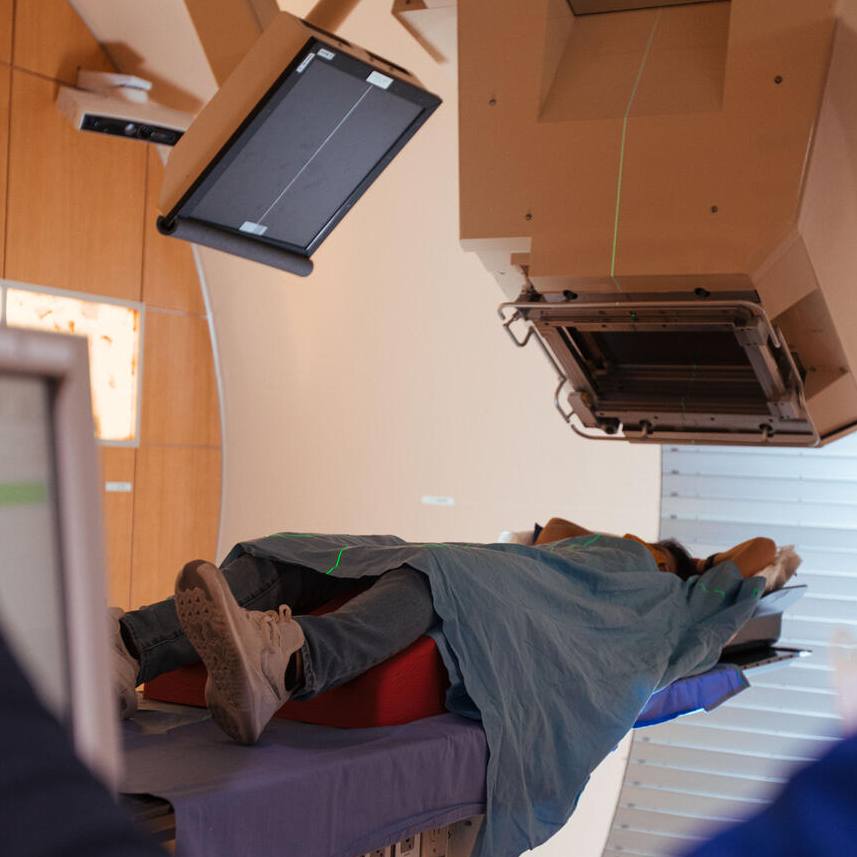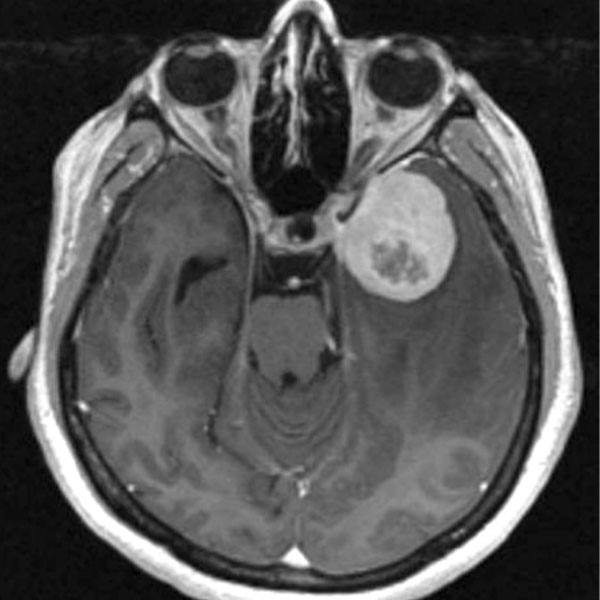-
Living With Cancer: Dealing with cancer fatigue

Coping with cancer fatigue
Fatigue is a common symptom when you have cancer, but there are steps you can take to reduce or cope with your condition. Because cancer-related fatigue may be caused by many factors, your health care provider may suggest more than one strategy. These may include self-care measures and in certain cases medications or medical procedures. Here's what you need to know.
Prophylactic mastectomy
Prophylactic mastectomy is surgery to remove one or both breasts in hopes of preventing or reducing your risk of breast cancer. Having a prophylactic mastectomy doesn't guarantee that you'll never develop breast cancer because all of your breast tissue can't be removed during the surgery. Understanding your individual level of risk can help you weigh your options and decide what's best for you.
Understanding glioma
Glioma is one of the most common types of primary brain tumors and can occur in the brain and spinal cord. Gliomas begin in the glial cells — the gluey supportive cells that surround nerve cells and help them function. A glioma can affect your brain function and be life-threatening, depending on its location and rate of growth. Learn about the risk factors and symptoms of gliomas, and when you need to seek medical care.







